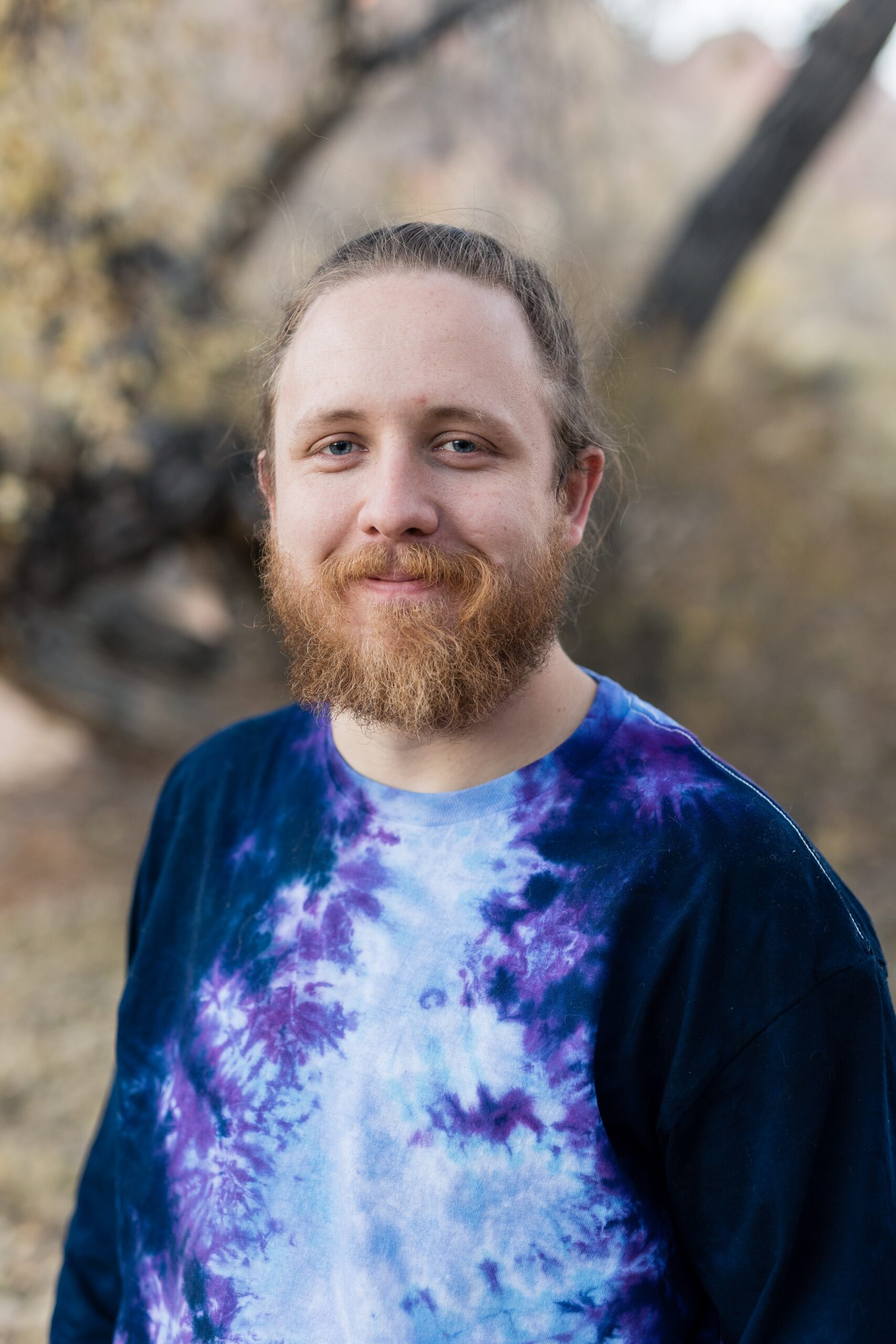Congratulations to Recent BME Graduate Jake Bergquist on his Kenneth M. Rosen Fellowship!
My name is Jake Bergquist. I am a biomedical engineering PhD graduate from the University of Utah where I studied under Dr. Rob MacLeod. My postdoctoral studies are directed by Dr. Ravi Ranjan at the University of Utah school of medicine, and the Nora Eccles Harrison Cardiovascular Research and Training Institute (CVRTI). My primary goal is to bridge the gap between the computational and engineering expertise in the department of biomedical engineering and the scientific computing institute (SCI) with the clinical and basic science expertise at the school of medicine and the CVRTI in order to develop novel technologies and understanding that will improve patient care. I was drawn to bioengineering for both my love and fascination with biology and medicine, and my passion to build and create things. Outside of my life as a graduate student I make functional ceramics in my home ceramic studio, brew beer in my garage, cook, bike, play music with my friends, and go climbing, backpacking, and hiking with my wife Sonya and our two husky mixes Sage and Willow. I love to learn new things, and share my passions with others.
This year at the 2023 Heart Rhythm Society meeting in New Orleans I was awarded a Kenneth M. Rosen research fellowship to pursue my postdoctoral research applying computational models to understand complex cardiac arrhythmias. Computational cardiac modeling techniques provide an avenue to produce patient specific models of the heart and use these models to assess treatment strategies, understand disease progression, and overall improve clinical management of complex heart diseases. Our research in the lab of Dr. Ravi Ranjan at the University of Utah strives to apply these computational models of the heart to allow for both investigation of underlying disease mechanisms and development of comprehensive treatment planning that will result in successful clinical management of cardiac arrhythmias, which are irregular electrical activities in the heart which can result in heart failure and sudden cardiac death.
The research supported by this HRS fellowship targets a specific cardiac arrhythmia known as a-typical left atrial flutter (ALAF). ALAF is a common complication from catheter ablation procedures which target the most common type of arrhythmia, atrial fibrillation. Subsequent ablation procedures which seek to terminate pathways of reentry which sustain the ALAF heart rhythm often do not fully remove ALAF. Computational models offer an avenue to simulate proposed treatment strategies, evaluate their success in a simulated environment, and adjust the treatment plan until all ALAF can be terminated. Our research builds upon established modeling and simulation frameworks which we will refine and expand to produce a pipeline that can be used to guide clinical management of ALAF. We will explore both practical implementation of this modeling and simulation technique in clinical ALAF treatment pl;anning, as well as technical improvements to the simulations and modeling through techniques such as uncertainty quantification, machine learning, and noninvasive electrocardiographic imaging. Overall our goal is to develop a robust and patient specific modeling framework to improve the treatment of cardiac arrhythmias.
The Heart Rhythm Society is an international collaborative group of clinicians, basic science researchers, engineers, and industry experts all dedicated to the advancement of all aspects of the field of cardiology. The annual HRS meeting brings together tens of thousands of experts across cardiac domains and applications for a conference focusing on the latest science and technologies in cardiology.
